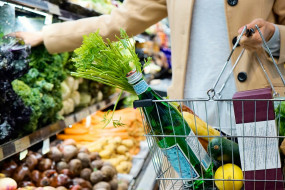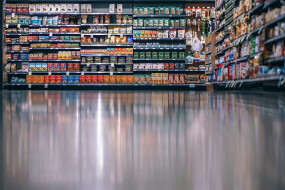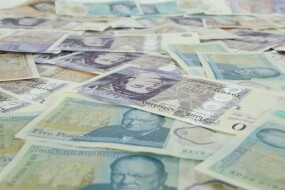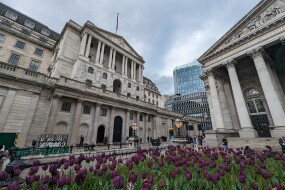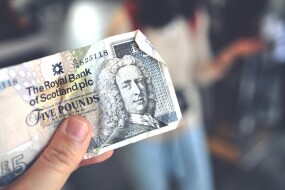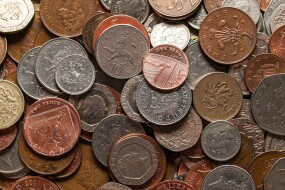A steeper-than-expected fall in November’s inflation figures has all but cemented expectations for an interest rate cut when the Bank of England’s Monetary Policy Committee (MPC) meets tomorrow.
Inflation
The UK's inflation rate remained unchanged at 3.8% in September, holding at the same level for the third consecutive month, according to official figures. The data from the Office for National Statistics (ONS) defied economists' forecasts, which had predicted the rate would climb to 4%.
The UK's inflation rate held steady at 3.8% in August, reinforcing expectations that the Bank of England will keep interest rates on hold this week. Figures from the Office for National Statistics (ONS) showed the consumer prices index remained at the same level as July, matching economists' forecas
UK inflation unexpectedly accelerated to an 18-month high of 3.8% in July, reducing the likelihood of further interest rate cuts from the Bank of England.
UK inflation unexpectedly rose to 3.6% in June, casting doubt on the likelihood of an interest rate cut in August. The figure, released by the Office for National Statistics, surpassed analysts' expectations that inflation would hold steady at May's rate of 3.4%.
UK CPI inflation has remained frozen at 3.4% in May, after the Office for National Statistics corrected April's 3.5% reading to 3.4%. Annual food inflation surged to 4.4% last month, a notable rise from 3.4% in April. This was spurred by the fastest-ever recorded increases in the price of sugar, jam
The profits of thousands of Scottish businesses are being squeezed by stealth due to inflation – or the ‘invisible tax’ as it is sometimes known – and should raise their prices, cut costs and invest in efficiency, a business advisor has warned. Inflation, currently around 3.5
A Bank of England (BoE) rate-setter has played down the recent surge in UK inflation, reiterating his call for additional interest rate reductions. Alan Taylor, a member of the Monetary Policy Committee (MPC), attributed the latest inflation increase to "one-off factors", specifically citing US Pres
UK inflation jumped more sharply than anticipated during April, reaching 3.5% – its highest level in over a year. The Office for National Statistics (ONS) reported that the surge in the consumer prices index (CPI) for April was largely driven by dramatic increases in regulated household costs,
UK inflation fell to 2.6% in March, dropping from 2.8% in February and below City forecasts of 2.7%, intensifying pressure on the Bank of England to consider cutting interest rates at its meeting next month. The Office for National Statistics attributed the lower rate primarily to falling fuel
Inflation tracked by the UK's consumer prices index (CPI) increased by 2.8% in the year to February 2025, a reduction from January's 3.0%, according to the Office for National Statistics (ONS). This figure was marginally below market forecasts of 2.9%. Core CPI, excluding volatile items, rose by 3.5
UK inflation climbed to 3% in January, exceeding forecasts and presenting a challenge for the Bank of England (BoE). The Office for National Statistics reported the annual rate of price growth was up from 2.5% in December and higher than the 2.8% predicted by economists polled by Reuters. This figur
UK inflation unexpectedly dropped to 2.5% in December, down from 2.6% in November, boosting prospects for an interest rate cut by the Bank of England next month. The decline, driven by lower hotel and tobacco prices, surprised City economists who had anticipated unchanged inflation figures.
The UK's CPI inflation rose to 2.3% in October, exceeding economists' predictions of 2.2% and putting pressure on the Bank of England to postpone further interest rate cuts. The Office for National Statistics (ONS) attributed the increase primarily to higher energy bills, offsetting lower oil prices
UK inflation fell to 1.7% in September, dropping below the Bank of England's 2% target for the first time since April 2021. This was driven by lower fuel prices and base effects from an unusually strong September 2023. However, economists expect inflation to rebound in October as energy prices rise



